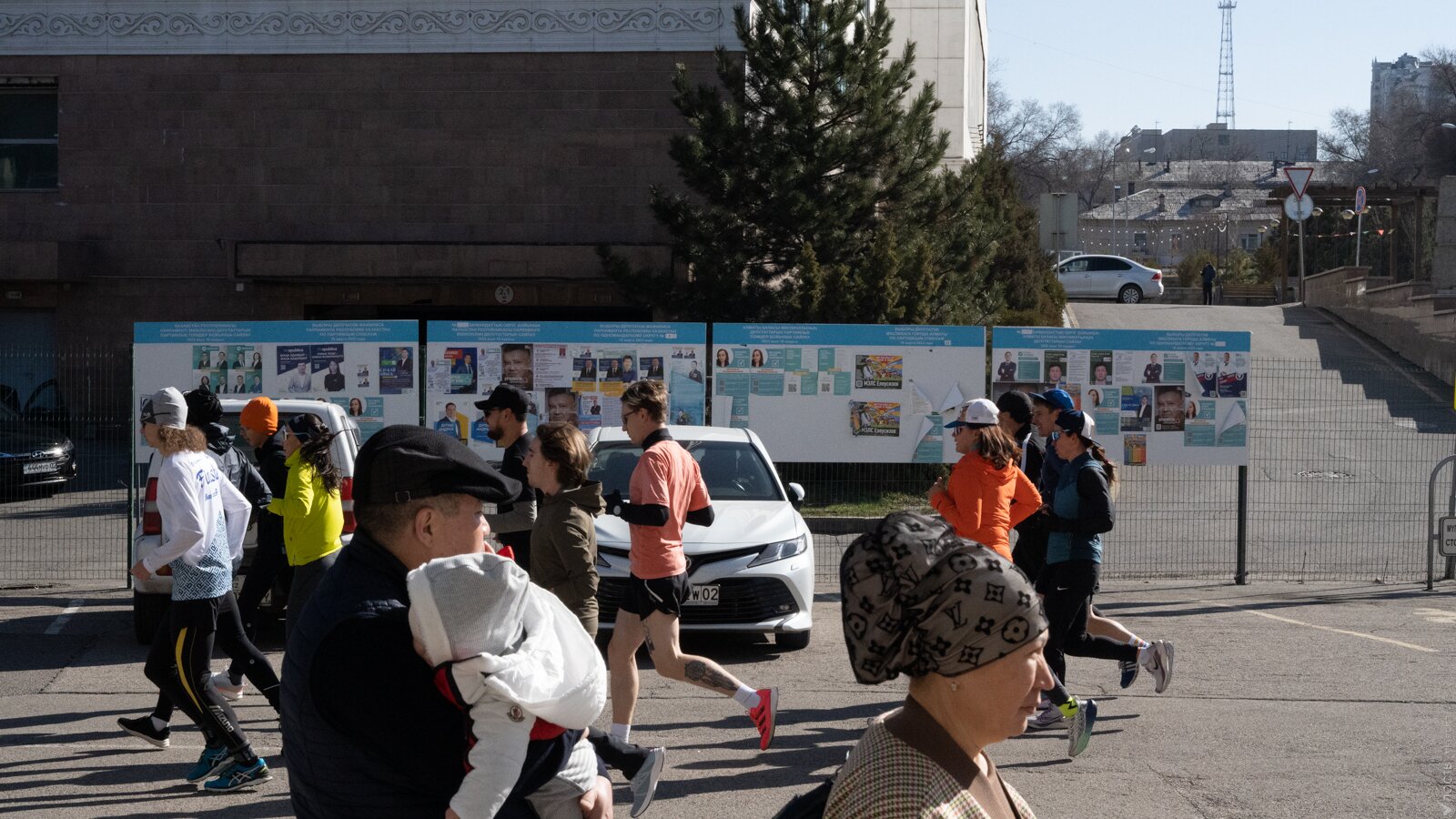From April 1, Kazakhstan will launch an online tool for the tracking of goods transiting the country in an effort to prevent Russian companies from circumventing sanctions, a government official told the Financial Times on March 24. Kazakhstan risks falling under so-called “secondary sanctions” from the West, should it facilitate sanction-busting practices by Russian companies. Since the start of the war in Ukraine, Western countries have established a wide range of sanctions against Russian companies and individuals.
Kazakhstan’s oil transport monopolist Kaztransoil said in a press release that it sent a first batch of oil from the offshore field of Kashagan to Azerbaijan’s capital Baku via the Caspian port of Aktau on March 20. The trial shipment, with 6,900 tons of oil licensed to Japan’s INPEX (a shareholder in the company exploiting Kashagan), is an attempt to build yet another export vector for oil extracted at Kashagan, one of the world’s largest oil fields. Currently, most of Kashagan’s oil is shipped via the Caspian Pipeline Consortium through Russia.
An accident at the power plant in Ridder, a town in the north-east of the country, caused a coal dust explosion and damaged a few of its boilers on March 23. In December, another accident at the power plant in Ekibastuz, a town in central Kazakhstan, left residents without heating for 11 days.
President Kassym-Jomart Tokayev set the framework for a new law on mass media, which parliamentary commissions had already worked on in recent weeks. On March 20, Tokayev issued a long “Doctrine on Mass Media”, in which he emphasizes the importance of freedom of information and the need for the media to abide by the state principles of “independence and patriotism”. Journalists have loudly protested against the first public drafts of the new law on mass media, saying it would make their job impossible.
Official results have yet to be announced after the Majilis elections, which were held on March 19. Amanat is on track to win around 63 out of 98 available seats in parliament. The ruling party won 54% of the party preferences and its members won in most the single-district races. With a 54% turnout, these are the least participated elections in Kazakhstan’s history. Besides Amanat, five other pro-government parties will have a seat in the new parliament. Local elections commissions have started publishing official results of local assembly elections on March 24.
Duman Mukhammedkarim, a blogger and independent candidate for a seat in parliament, was arrested on March 21 for calling citizens to protest the election results. The police said he will be detained for 25 days. Protests in Kazakhstan can only be held if authorized in advance by the city administration. Several other candidates who lost to pro-government adversaries said they did not recognize the results of the elections.
Tokayev said on March 21 that the results of the elections were “a commendable step in the promotion of our large-scale reforms”. The day before, the OSCE election observation mission said that while the context of reforms was visible, there were “significant procedural irregularities” during election day and vote counting. Local observers also witnessed gross and widespread violations.
Поддержите журналистику, которой доверяют.








